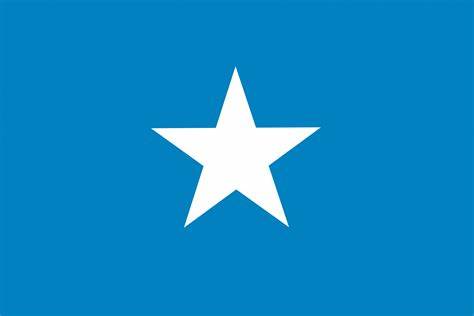The horn of Africa has suffered four consecutive failed rainy seasons and is experiencing its worst drought in four decades, stressing food supplies already exacerbated by the conflict in Ukraine.
Michael Dunford, the World Food Programme regional director for east Africa has called on governments to donate urgently to the horn of Africa, if they are to avert catastrophe
89 million people are now considered “acutely food insecure” by the WFP, which has grown by almost 90% in the past year.
“Unfortunately, I do not see [that rate of growth] slowing down. If anything, it seems to be accelerating,” said Dunford speaking to the Guardian.
Claire Sanford, deputy humanitarian director of Save the Children, noted that this was the "worst crisis" that she had seen in the past 23 years.
“I can honestly say in my 23 years of responding to humanitarian crisis, this is by far the worst I’ve seen, particularly in terms of the level of impact on children,” she said. “The starvation that my colleagues and I witnessed in Somalia has escalated even faster than we feared.”
Last year, the UK and other G7 leaders promised to provide $7bn (£5.7bn) to help countries prevent famine, but appeals for east Africa have not managed to raise enough funds to stave off hunger.
In April, the UN had received only 3% of funds for its $6bn appeal for Ethiopia, Somalia and South Sudan.
Danny Sriskandarajah, chief executive of Oxfam GB, said the current crisis was partly due to the British government’s “compassion failure” and decision to slash the overseas aid budget by £4.6bn last year.
According to the latest IPC assessment for Somalia, an estimated 1.5 million under-fives face acute malnutrition by the end of the year, including 386,400 who are likely to be severely malnourished. Those numbers are only expected to go up.
Read more at the Guardian

